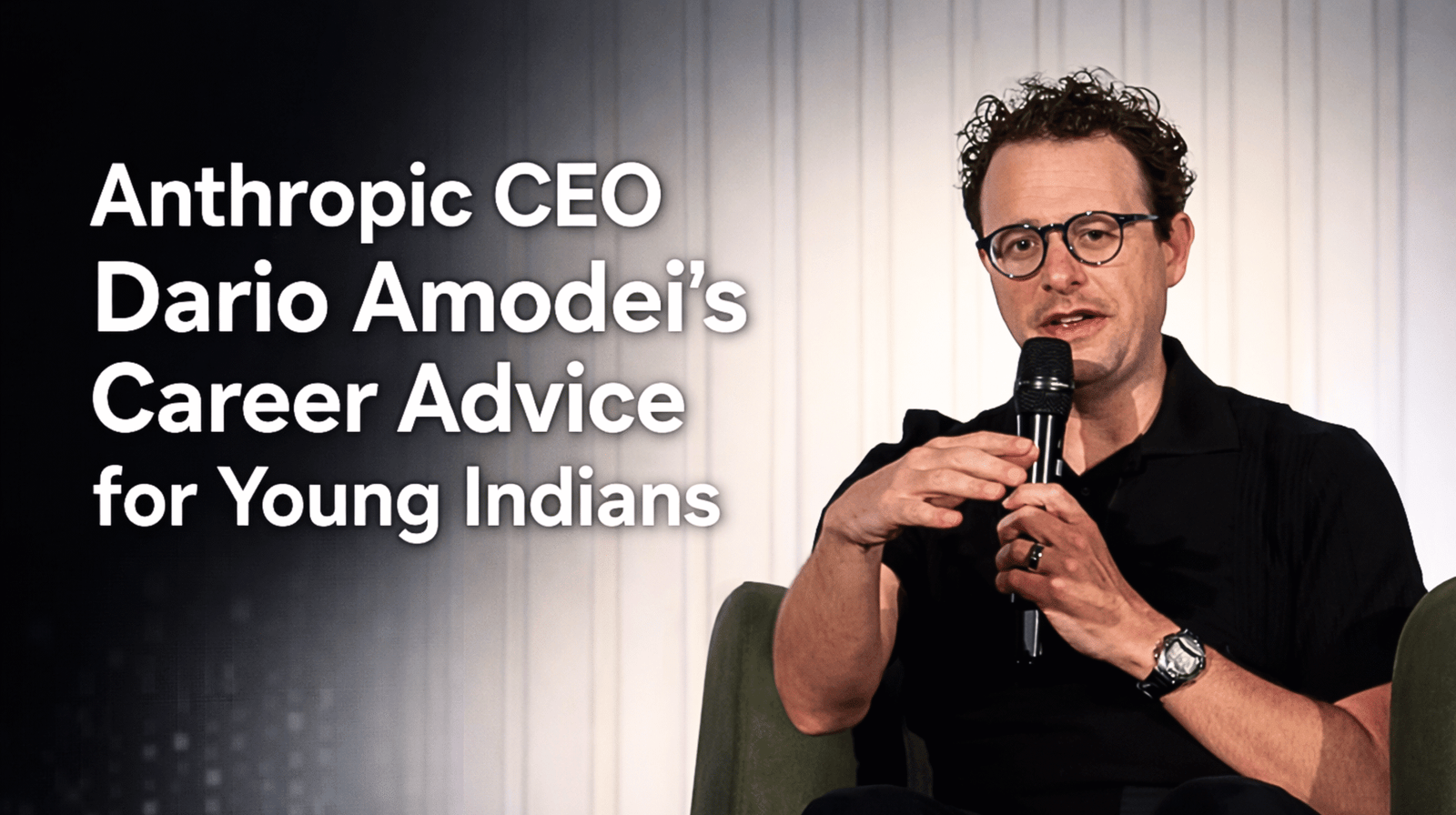In a world that’s constantly evolving, the ability to solve problems effectively isn’t just a professional asset — it’s a life skill that fuels personal development. From handling academic hurdles and workplace challenges to resolving personal conflicts, becoming a better problem-solver empowers you to navigate life with confidence, clarity, and purpose.
In this blog, we’ll uncover how honing your problem-solving abilities contributes to long-term self-growth, and we’ll offer practical strategies to help you improve.
🌱 Why Problem-Solving Fuels Personal Growth
Problem-solving is about more than fixing what’s broken — it’s about thinking critically, making sound decisions, and growing through challenges. As you sharpen your problem-solving abilities, you naturally build:
- Confidence – You begin to trust your judgment
- Resilience – You recover faster from setbacks
- Clarity – You evaluate situations more logically
- Independence – You rely less on others to find solutions
- Progress – You move closer to your personal and career goals
Whether you’re a student, entrepreneur, or professional, strong problem-solving skills create a solid foundation for life-long success.
🔍 5 Stages of Effective Problem-Solving
To handle challenges effectively, follow a step-by-step problem-solving framework:
- Define the Problem Clearly
Get specific. What exactly is going wrong? Ambiguity creates confusion — clarity leads to solutions. - Find the Root Cause
Ask “Why?” repeatedly (5 Whys Method) or conduct a SWOT analysis to identify what’s fueling the issue. - Brainstorm Possible Solutions
List as many options as you can. Don’t judge or limit ideas during this phase — innovation often begins with out-of-the-box thinking. - Select the Most Viable Solution
Consider each idea’s pros and cons. Think about time, resources, and long-term impact before deciding. - Act and Reflect
Apply the solution and observe results. Whether it works or not, reflect on the process for future learning.
🧠 How to Strengthen Your Problem-Solving Mindset
Boosting your problem-solving skills is an ongoing journey. Here’s how to keep improving:
1. Think Critically
Pause before reacting. Question assumptions, examine facts, and consider alternative viewpoints.
2. Keep Learning
Stay intellectually curious. Take online courses, read thought-provoking books, and try new activities to expand your mental agility.
3. Manage Emotions
Cultivating emotional intelligence helps you remain composed and rational, even in high-pressure situations.
4. Engage in Collaboration
Listening to diverse perspectives introduces fresh strategies you might not have considered on your own.
5. Learn from Experience
Every challenge is an opportunity to reflect. Ask: What did I do well? What could I improve next time?
📌 Everyday Examples of Problem-Solving
Real-life scenarios where problem-solving skills shine:
- Time Management: Creating a study schedule to overcome procrastination
- Career Choice: Comparing job offers based on personal priorities and long-term goals
- Interpersonal Issues: Using empathy and communication to resolve a disagreement
These examples show how problem-solving touches every part of life — and helps you grow through it.
📘 Resources to Explore
- MindTools – Tools for better thinking and problem resolution
- Coursera: Creative Problem Solving (University of Minnesota)
- Harvard Business Review: Guides on effective decision-making
- Verywell Mind: Psychological insights into solving problems
- Lean.org: The 5 Whys Technique for identifying root causes
⚠️ Disclaimer
This blog is intended for educational and motivational purposes only. Personal development is a highly individual journey, and results vary. For more complex challenges, seek personalized support from mentors, career advisors, or licensed professionals.







